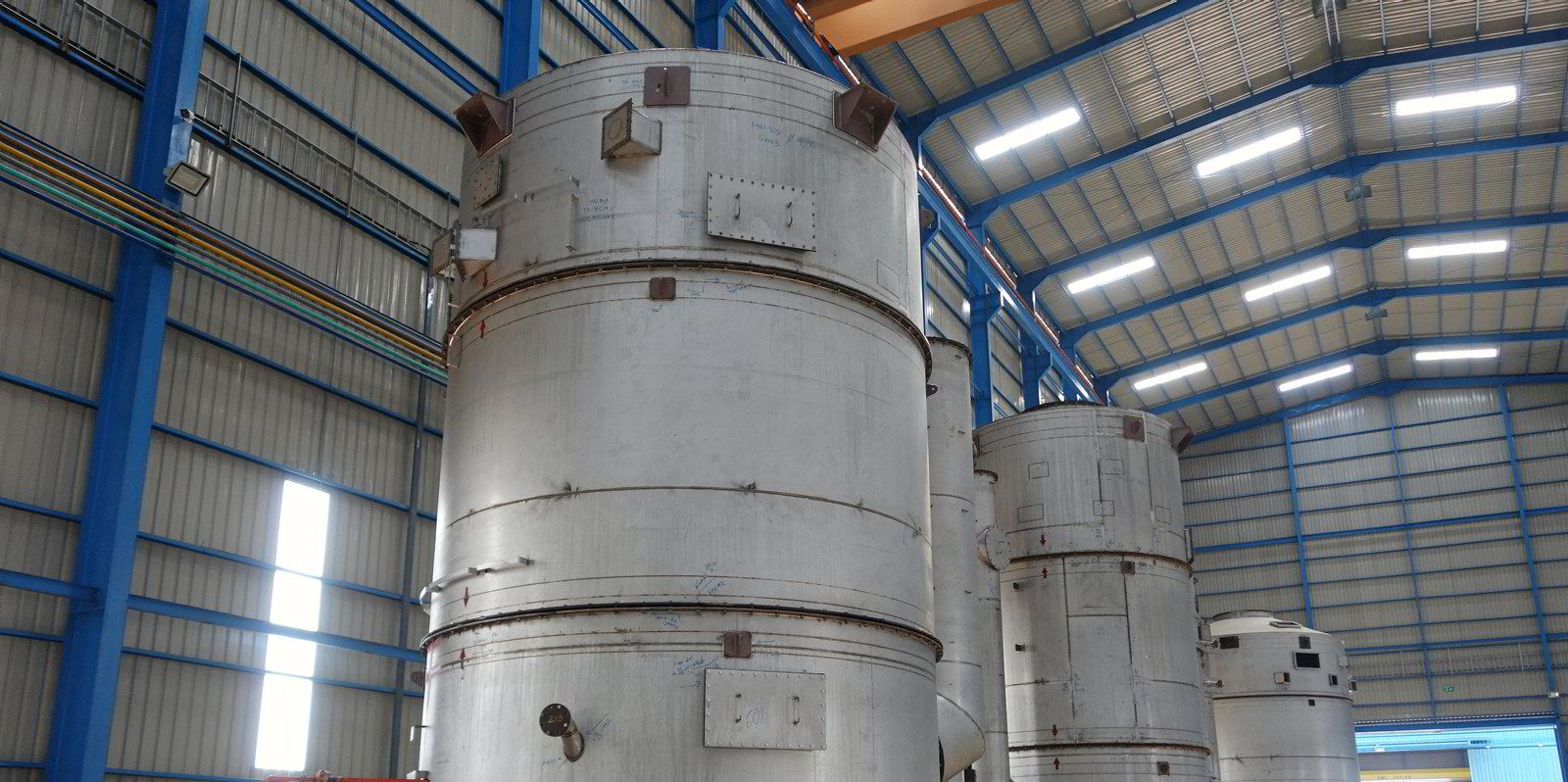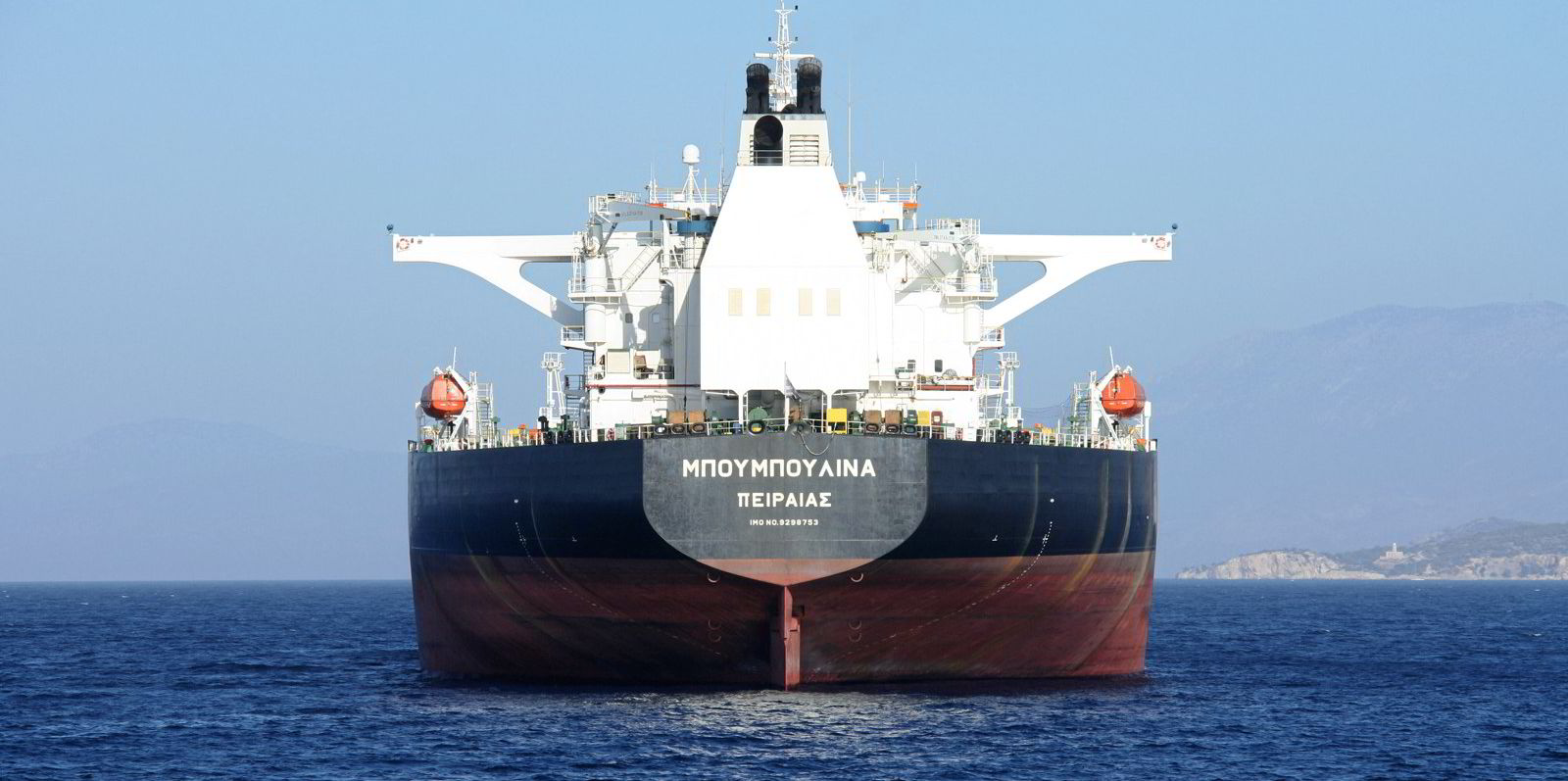Clean Marine is gearing up for a “flurry” of scrubber orders as it bets on continued big differences in the price of low-sulphur and cheaper high-sulphur bunkers.
This is known as the Hi5 spread, and it has hit record highs this year.
“Hi5 spreads have blown wide open for sustained periods,” the company said.
Singapore’s Hi5 spread leapt from less than $100 per tonne in early May to an all-time record of $575 per tonne in July.
“That was way beyond anyone’s expectations and more than $200 per tonne above the previous peak levels seen right after the IMO 2020 sulphur cap came into force,” the company said.
Clean Marine said owners have recently been eager to book scrubber retrofits to take advantage of this in the coming months and years.
The lead-up to IMO 2020 saw peak interest in these investments, but since then the market has been focused mainly on newbuildings, as existing vessels like container ships were making too much money to be dry-docked.
“Evidence from the past six months of Hi5 spreads and future projections of these staying wide could very well trigger another flurry of scrubber orders,” Clean Marine added.
It is now increasing capacity to meet that demand.
“We are now ramping up our scrubber installations fully because we believe momentum is building,” Clean Marine’s Nicholas Hvide Macleod said.
Big savings on offer
“Hi5 spreads look very lucrative going forward.”
Singapore’s Hi5 spread is projected to hold above $190 per tonne on average next year, Clean Marine said.
The port’s current delivered bunker spot spread is about $285 per tonne, and in recent months the company has seen this spot figure overperform the paper equivalent by around $100.
A gap of $285 per tonne can save a scrubber-fitted non-eco capesize bulker $14,250 per day at a consumption rate of 50 tonnes per day, Clean Marine calculated, which means its scrubber cost can be paid back in about 17 months.
“The months and years ahead of us are also poised to serve up wide spreads, with strong refining margins and lots of HSFO [high-sulphur fuel oil] produced as a by-product,” Clean Marine said.
“This should weigh on HSFO prices, while distillates and other [very low sulphur fuel oil] blendstocks further up the barrel are running low in storage and could be depleted further as sanctions on Russian oil products come into force in two months.”
The company has carried out more than 280 scrubber projects, of which 220 have been retrofits.




